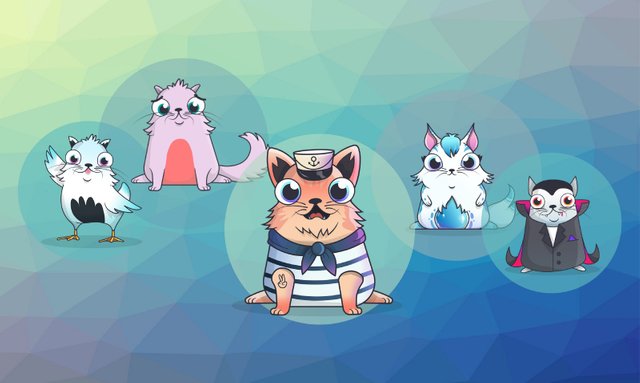The Scarcity of Virtual Goods

If you’re at all plugged into blockchain and its games, then you’ll have heard of CryptoKitties, and may very well own some of your own. In the game, users can buy and sell collectible virtual cats and even breed new kittens. While this may seem to be nothing more than an extension of the internet’s obsession with cats, CryptoKitties is the first large-scale decentralized application (DApp) built on the Ethereum network.
Any game that is built on the blockchain by definition creates unique virtual assets that have their own features. This is the case with CryptoKitties and each cat is owned by the person who bought it and Axion Zen, the company which created the game no longer has control over it beyond its original coding on Ethereum. This makes it possible for gamers to have ownership and control of every aspect of their virtual kittens and also how gameplay is defined and executed.
This is especially important when it comes to how the value of virtual goods is determined. For example, the more unique features a cat has, the greater its value, and as users breed cats with certain characteristics, the resulting kitten can be worth more than both its parents. The value of these virtual assets is tied into the concept of ‘scarcity.’
Although most things in online environments are plentiful, this can be an issue for users as having many copies of something on the market means it can be copied more easily, distributed without the permission of the party holding the copyright and in doing so, become less valuable and its profits lost to its owners.
By creating fewer of an item, such as virtual goods and doing so on the blockchain where they can be tracked, there is far less opportunity for unlicensed copies to be made, and even if they are, their validity can be verified, thus proving them to be worthless and the creator in violation of intellectual property rights.
Both Bitcoin and Crytokitties are examples of digital scarcity currently in use. With blockchain technology, this concept can easily be expanded to all sorts of virtual assets from video games to artificial reality items and other goods produced by digital platforms. With the concept of scarcity being restored to the market, both users and brands will benefit and the value of virtual items will grow as the supply remains finite.
Congratulations @blmpnetwork! You received a personal award!
You can view your badges on your Steem Board and compare to others on the Steem Ranking
Do not miss the last post from @steemitboard:
Vote for @Steemitboard as a witness to get one more award and increased upvotes!
Congratulations @blmpnetwork! You received a personal award!
You can view your badges on your Steem Board and compare to others on the Steem Ranking
Do not miss the last post from @steemitboard:
Vote for @Steemitboard as a witness to get one more award and increased upvotes!